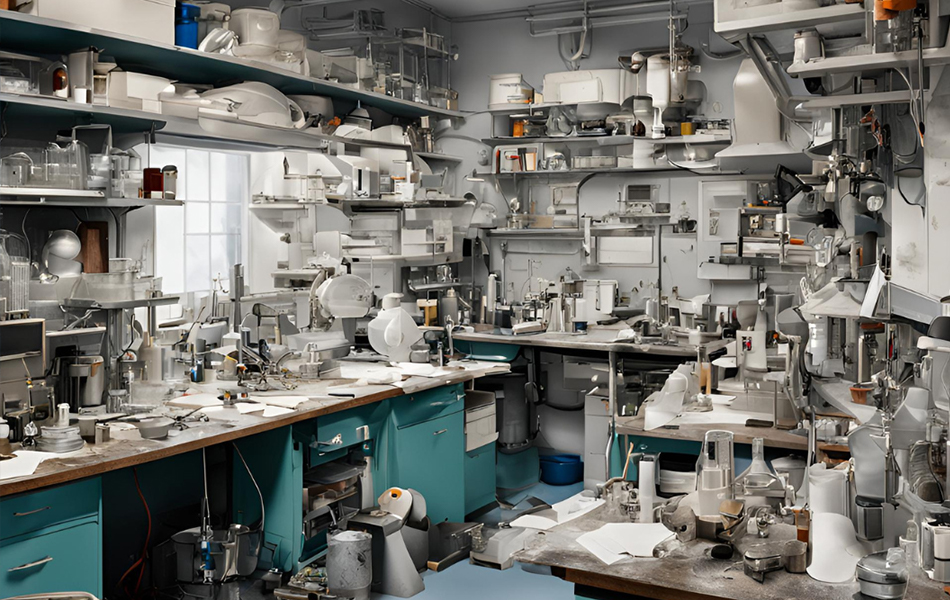
Unplanned downtime can significantly challenge laboratories, affecting their reputation and financial stability. Interruptions can compromise the reliability of analytical results and lead to costly delays, disrupting project continuity and wasting time and resources. To help prevent such issues, consider the following strategies:
1. Conduct Regular Assessments
Regular assessments are vital for optimal performance in analytical equipment. Preventive maintenance is crucial to avoid costly repairs, so don’t wait for issues to arise. Routine checks ensure that equipment receives necessary care, including cleaning and timely part replacements. Establishing a preventive maintenance plan with your team is essential for minimizing unplanned downtime.
2. Properly Train Employees
Comprehensive training for employees on equipment operation and maintenance is critical. Equipment breakdowns often result from inadequate operator training. While on-the-job learning is common, thorough training is more effective. Bringing in an expert from the equipment vendor can enhance understanding and maintenance practices. Ensure access to manufacturer guides to support training efforts, as they provide valuable insights into equipment functionality.
3. Utilize Maintenance Software
Leverage technology to prevent unplanned downtime by using maintenance software. This solution monitors equipment performance and collects relevant data, helping to identify potential issues before they escalate. In busy labs, this software can serve as a reliable tool to support proactive maintenance efforts.
4. Encourage Employee Input
Fostering open communication in the lab is essential. Employees who use specific instruments daily often have valuable insights into their maintenance needs. Create an environment where staff feel empowered to share feedback and concerns. Listening to their observations can facilitate proactive maintenance and enhance overall lab efficiency.
5. Plan Upgrades Based on Equipment Lifespan
Strategically schedule upgrades for analytical instruments according to their expected lifespan. Keeping thorough documentation of each piece of equipment, including purchase dates and maintenance history, helps you make timely decisions regarding repairs or replacements. This organized approach minimizes the risk of unexpected downtime.
6. Seek a Second Opinion
If you’re unsure about the condition of lab equipment, consider seeking a second opinion from a professional service. They can assess the equipment’s status and provide expert guidance, especially on whether it’s nearing the end of its operational life. Investing in professional evaluations and employee training can help ensure proactive equipment management and reduce the likelihood of unplanned downtime.

